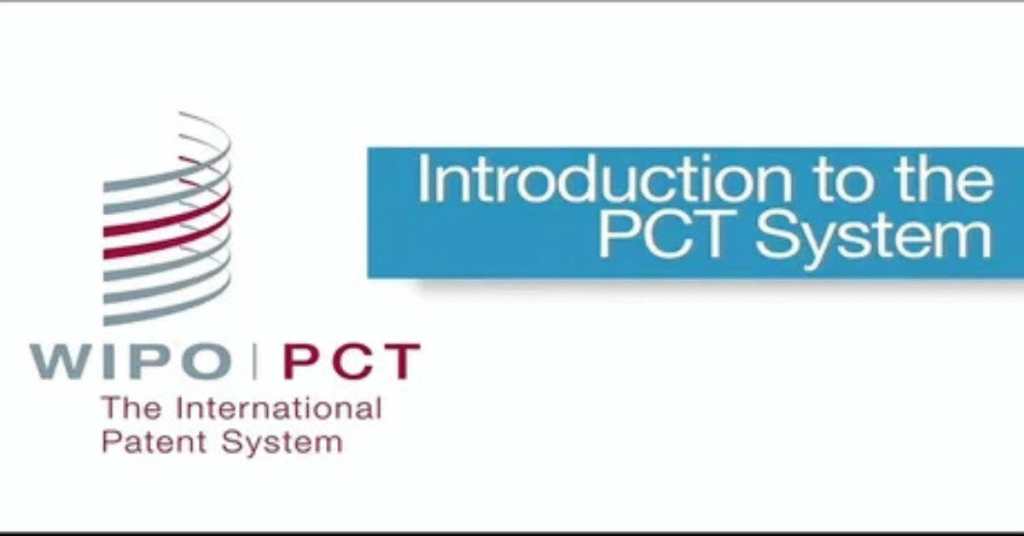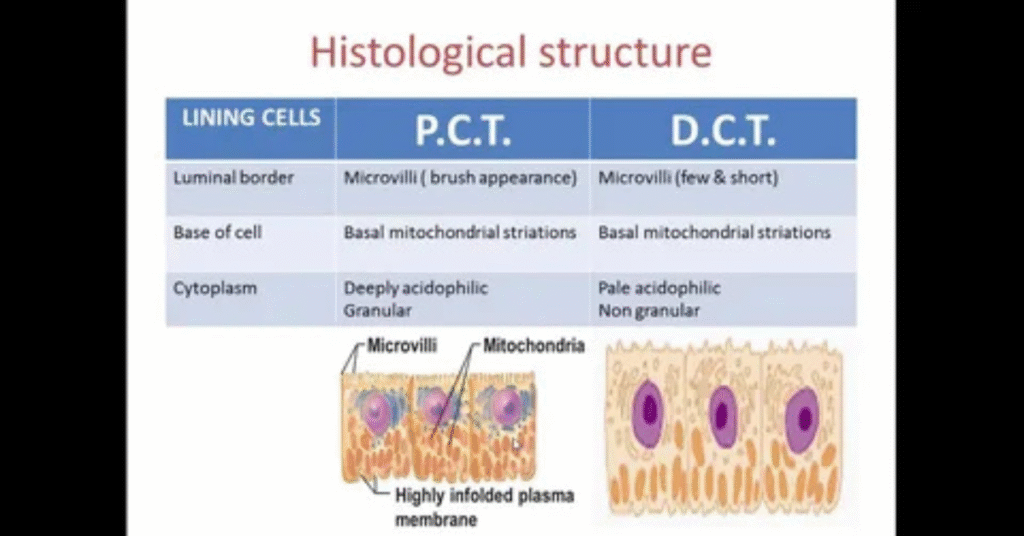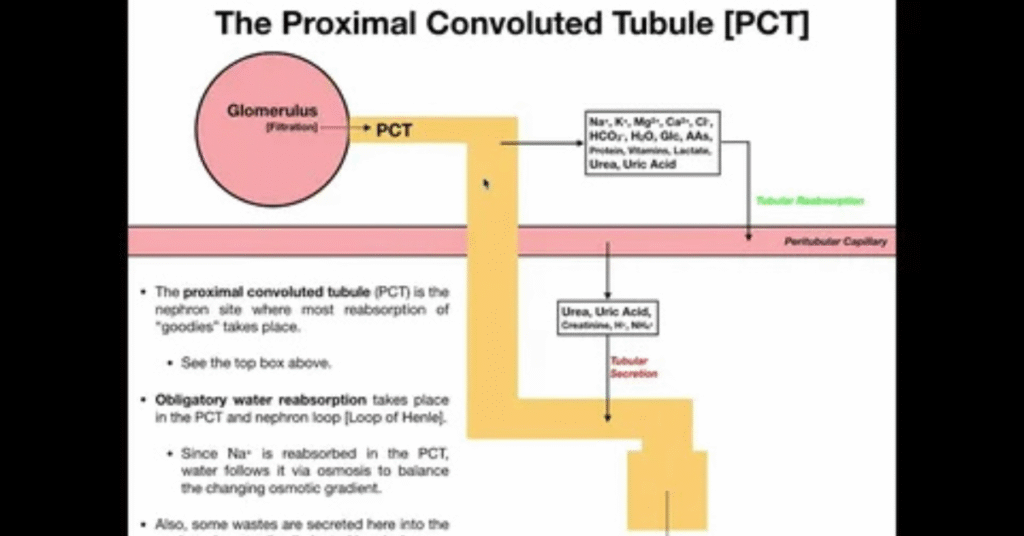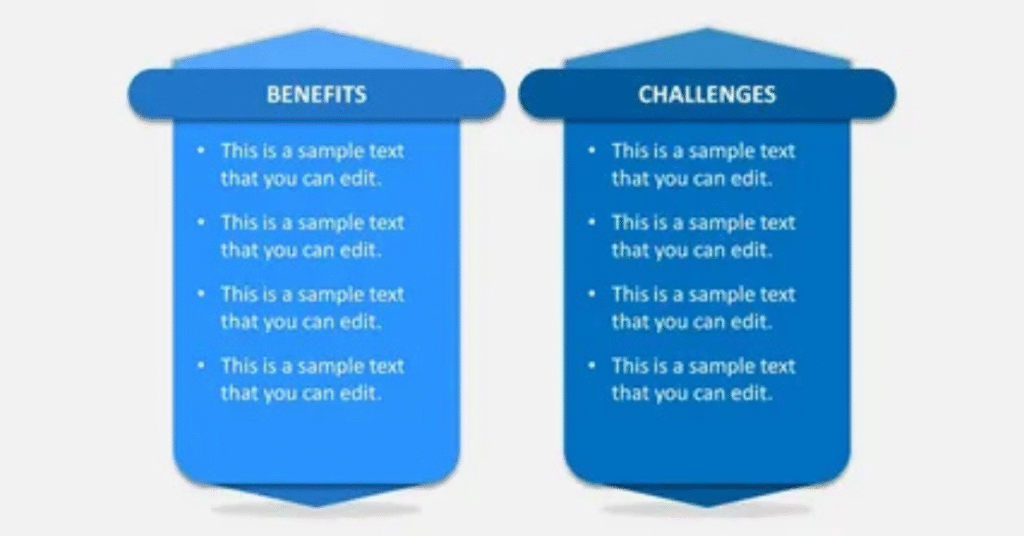What is a PCT in Healthcare? A Patient Care Technician, also known as a PCT, is an important asset for assisting patients and nurses in hospitals and clinics. You find them at the bedside, attending to patients’ comfort, taking vital signs, drawing lab samples, and even performing medical procedures like EKGs or blood draws.
Without these PCTs, many hospitals would not be able to deliver the quality of care patients demand. This profession has developed substantially with healthcare systems requiring more practical assistance for patients. If you wish for a medical career with face-to-face interaction with patients, this position may be just what you’re seeking.
What is a PCT?

A Patient Care Technician is a trained healthcare worker who assists nurses and doctors with both clinical and non-clinical tasks. Unlike nurses who focus on assessments and care planning, PCTs focus more on direct patient assistance. This can range from simple daily needs to performing technical procedures.
Other common job titles include nursing technician, patient care associate, and clinical technician. While the name may change depending on the hospital or state, the responsibilities remain similar. The main purpose is always the same—support patients and ensure smooth healthcare delivery.
Core Duties of a PCT

The daily work of a PCT includes several medical and non-medical responsibilities. They check vital signs, draw blood samples, perform EKGs, and assist with basic patient care like bathing and feeding. A PCT may also help patients move, transfer from beds to wheelchairs, and ensure they are safe and comfortable.
A typical day might begin with taking morning vitals, followed by helping patients eat breakfast. Later, the PCT may transport a patient to a test, record health information, or support the nurse during procedures. The blend of technical and supportive work makes this career dynamic and rewarding.
YOU WILL LIKE: https://doctorambulance.com/are-ambulance-rides-covered-by-insurance/
Common Duties of a PCT
| Clinical Duties | Supportive Duties |
| Drawing blood | Assisting with meals |
| Performing EKGs | Helping with mobility |
| Monitoring vital signs | Bathing and grooming patients |
| Collecting lab samples | Patient safety and comfort |
| Wound dressing assistance | Emotional support |
Essential Skills Every PCT Needs

A good PCT needs both technical and personal skills. On the clinical side, phlebotomy, infection control, and EKG operation are key. PCTs often act as the first set of eyes for doctors and nurses by reporting changes in a patient’s condition. Accuracy and attention to detail are crucial in this role.
Soft skills are equally important. Patience, communication, and empathy help when supporting people who may be scared or in pain. Teamwork is also essential because PCTs are constantly working alongside nurses and doctors. Without these qualities, the role becomes far more difficult.
Where Do PCTs Work?

Most PCTs are employed in hospitals, where the demand is highest. They are also found in long-term care facilities, nursing homes, outpatient clinics, and dialysis centers. Each setting requires slightly different duties.
For example, in a dialysis center, the PCT may assist patients through multiple treatments a week. In a nursing home, the focus may shift toward daily living support, like mobility and feeding. Hospitals often require a mix of both technical procedures and patient assistance.
PCT vs. CNA: Key Differences

The roles of Patient Care Technicians (PCTs) and Certified Nursing Assistants (CNAs) are often confused. While both provide bedside care, PCTs are trained for additional clinical tasks like phlebotomy and EKGs, which CNAs generally cannot perform.
PCT vs CNA
| Category | PCT | CNA |
| Training Length | 20–27 weeks | 4–12 weeks |
| Duties | Patient care + clinical tasks | Basic patient care only |
| Pay Scale | Higher on average | Lower compared to PCT |
| Advancement | Easier pathway to nursing | Limited without further study |
Education and Certification Path

To become a PCT, you usually need a high school diploma or GED. From there, you can enroll in a Patient Care Technician program offered by vocational schools, community colleges, or hospitals. These programs last around six to nine months.
The program includes classroom learning and clinical practice. Key subjects include anatomy, phlebotomy, infection control, and EKG. After training, students can sit for the National Healthcareer Association (NHA) CPCT/A certification exam. Many employers require certification before hiring.
Salary and Job Outlook

Salary for PCTs varies by state, experience, and setting. On average, PCTs earn between $32,000 and $45,000 per year in the United States. Hospitals and specialty clinics usually pay higher than nursing homes or outpatient facilities.
The job outlook is strong. The U.S. Bureau of Labor Statistics projects continued growth due to aging populations and higher healthcare demands. States with larger elderly populations, such as Florida and California, have especially high demand for skilled PCTs.
Average Salary by State
| State | Average Annual Salary |
| California | $44,500 |
| Texas | $37,200 |
| Florida | $35,800 |
| New York | $43,000 |
| Illinois | $36,900 |
Benefits and Challenges of Being a PCT

Working as a PCT comes with unique rewards. You get to interact closely with patients, provide comfort, and make a visible difference in their lives. The role also allows quick entry into healthcare without years of study. Many use it as a stepping stone to advanced nursing careers.
However, the job also has challenges. Shifts can be long and physically demanding, with heavy lifting and constant movement. Emotionally, supporting patients who are sick or near end-of-life can be stressful. Understanding both sides helps set realistic expectations for those considering the role.
SEE MORE: https://doctorambulance.com/what-do-ems-stand-for-a-complete-guide-with-examples/
Career Advancement Opportunities

A PCT career doesn’t have to be the final stop. Many professionals move into nursing roles like Licensed Practical Nurse (LPN) or Registered Nurse (RN). Some specialize in areas such as dialysis, cardiac monitoring, or phlebotomy.
Continuing education is often the key to advancement. A PCT with a strong foundation can build on their skills and move into higher-paying roles. For many, the role serves as both a rewarding job and a gateway to long-term healthcare careers.
Is a PCT Career Right for You?

If you enjoy working directly with people, value teamwork, and can handle stressful situations, then becoming a PCT could be a perfect fit. People who are compassionate and patient thrive in this career.
Consider your long-term goals. If you want quick entry into healthcare with room to grow, this career offers both. But if you prefer office-based medical work with less physical strain, another path may be better suited for you.
Conclusion
A Patient Care Technician plays a critical role in modern healthcare. They bridge the gap between nurses, doctors, and patients by providing essential support and technical tasks.
If you’ve been asking what a PCT is in healthcare, the answer is clear. It’s a career that combines compassion, skill, and opportunity. While it comes with challenges, the rewards are significant, and the growth potential is strong. For anyone considering healthcare, this path is worth exploring.
FAQ”s
How long does it take to become a PCT?
It usually takes 6–9 months of training followed by certification exams.
Do PCTs need certification?
Yes, most employers require certification, such as the CPCT/A offered by the NHA.
Can a PCT become a nurse?
Yes, many PCTs continue their studies to become LPNs or RNs.
How much does a PCT make per hour?
On average, PCTs earn between $15 and $20 per hour depending on location.
What is the difference between a CNA and PCT?
A CNA provides basic care, while a PCT can also perform clinical tasks like EKGs and blood draws.